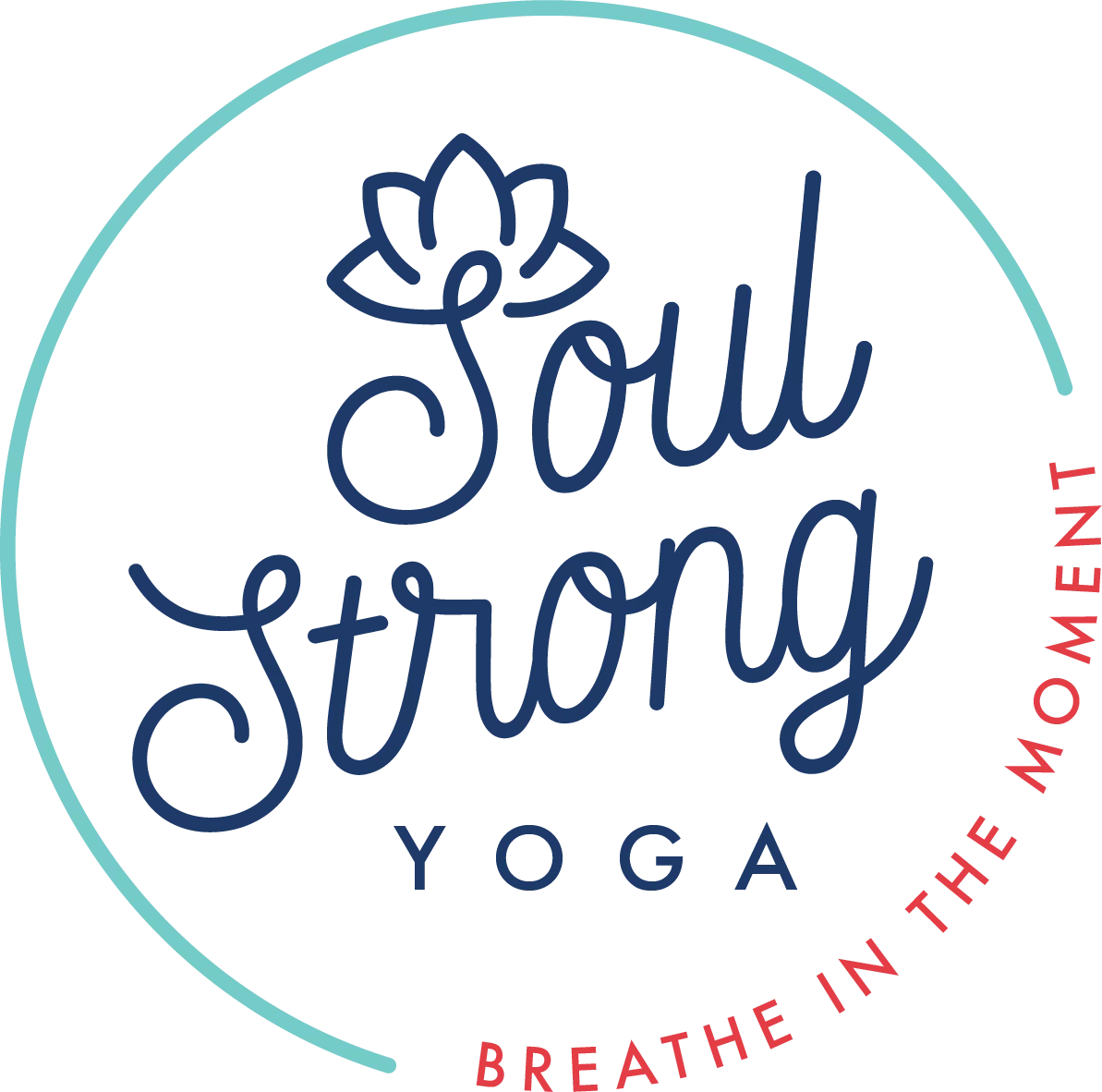Study With Experts In The Field
For the anatomy component of your training, we’re partnering with world-renowned Yoga Educators & bestselling authors of Yoga Anatomy, Leslie Kaminoff & Amy Matthews.
This is the most comprehensive, most useful anatomy training available to teacher training programs today, and this full online + in-person experience is available only through studios like ours.
Using what they’ve learned in their combined 50-plus years of experience training yoga teachers, they created a unique online + in-person course that’s exclusively available through teacher training programs: YogaAnatomy.net Fundamentals.
This is not your average anatomy training.
Don’t expect hours of “which bone is which” that make you feel like you’re back in high school science classes…
Leslie & Amy spend time on the things that matter most to a yoga teacher and skip the memorization. Their unique blend of humor and expertise make them the absolute best team to guide you through this phase of your journey.
They’ll help you establish a broad base of knowledge by sharing examples, analogies, stories, and guiding you through physical experiments that make the material helpful and applicable to teaching yoga to students.
Plus, Leslie & Amy will also share their own favorite teaching strategies like…
- How to make poses accessible for any student
- What to do when students have an injury and still want to practice
- Simple cues that help every student find success on the mat
How does it work?
You’ll join Amy & Leslie at home via your computer for 20 hours of guided lesson content, reflection, personal exploration, and teaching preparation.
They’ll lead you through movement experiments that will help you apply anatomy ideas to your own practice, and give you tools you’ll be able to access as a teacher. You’ll have time to soak up the material and try it out it in your own asana practice.
This means that each time we come together as a group, you’ll already have a strong foundation in that unit’s content and we’ll be able to dive even deeper into the material, rather than spend valuable group time on basic concepts and memorization.
Our group time will be spent in hands-on application. We’ll break into discussion groups, share movement exercises, and observe exactly how this information interweaves with our tradition.
By the time we’re finished, you’ll have a broad understanding of the anatomical concepts that are most important to a yoga teacher so you can begin teaching with confidence.
What’s included
Foundational Units
- Unit 1 – Building Blocks: Sthira & Sukha / Connective Tissue / Bones / Muscles
- Unit 2 – Breath: Prana & Apana / Diaphragm / Ujjayi / Bhandas
- Unit 3 – Muscle Physiology: Strength / Flexibility / Movement / Joints
- Unit 4 – The Spine: Curves / Disks / Backpain
- Unit 5 – The Lower Limbs: Foot / Knee / Hips / Pelvis / Walking / Alignment in Standing Postures
- Unit 6 – The Upper Limbs: Hands & Wrists / Forearm / Elbow / Shoulder / Alignment in Inversions
Application Units: Anatomy in Asana
- Unit 7 – Anatomy in Asana and Asana Philosophy: Introduction to working with Asana / “Benefits” of a Pose / Asana Analysis / Begin Standing Poses
- Unit 8 – Anatomy in Asana and Pain & Sensation: A Body-Mind Perspective on how to work with pain / Complete Standing Postures / Begin Seated Postures
- Unit 9 – Anatomy in Asana and Vinyasa: Breath + Movement / Continue Seated Postures / Move to other Floor Postures
- Unit 10 – Anatomy in Asana and Arm Supports: Arm Support Poses / Final Words of Advice for a budding teacher from Amy & Leslie
YogaAnatomy.net Asana Library
You’ll gain access to the YogaAnatomy.net Asana Library, which is a collection of 20 poses, each examined in 3 ways:
- Breath-Centered Approach: with Leslie
- Joint & Muscle Actions: with Amy
- Pose-Specific Workshops: each workshop is different, and includes themes like examining how different traditions might approach each pose; talking students through strategies for different body types, etc.
Here’s a list of the poses in the library. You’ll be able to take the concepts we explore here and apply them to any pose in any tradition:
- Tadasana / Mountain Pose
- Virabhadrasana I / Warrior 1
- Virabhadrasana II / Warrior 2
- Virabhadrasana III / Warrior 3
- Utthita Trikonasana / Extended Triangle Pose
- Prasarita Paddotanasana / Wide-Stance Forward Bend
- Vrksasana / Tree Pose
- Paschimottanasana / Seated Forward Bend
- Janu Sirsasana / Head to Knee Pose
- Ardha Matsyendrasana / Half Lord of the Fishes Pose
- Sukhasana / Easy Posture (& other seated postures)
- Bhujangasana / Cobra Pose
- Balasana / Child’s Pose
- Eka Pada Rajakapotasana / One-Legged Royal Pigeon Pose
- Setu Bhandasana / Bridge Pose
- Urdhva Dhanurasana / Wheel Pose
- Adho Mukha Svanasana / Downward-Facing Dog Pose
- Chaturanga Dandasana / Four-Limbed Stick Pose
- Salamba Sirsasana / Supported Headstand
- Savasana / Corpse Pose
Bonus Resources
And there’s even more! This is the included bonus reference material:
- Video Glossaries: specific names of bones and muscles so you can learn about common anatomical terms you might hear in teaching / training / therapeutic contexts.
- Additional Discussions / Workshops: excerpts from the live taping that were too valuable not to include, but didn’t fit into the body of the curriculum.
